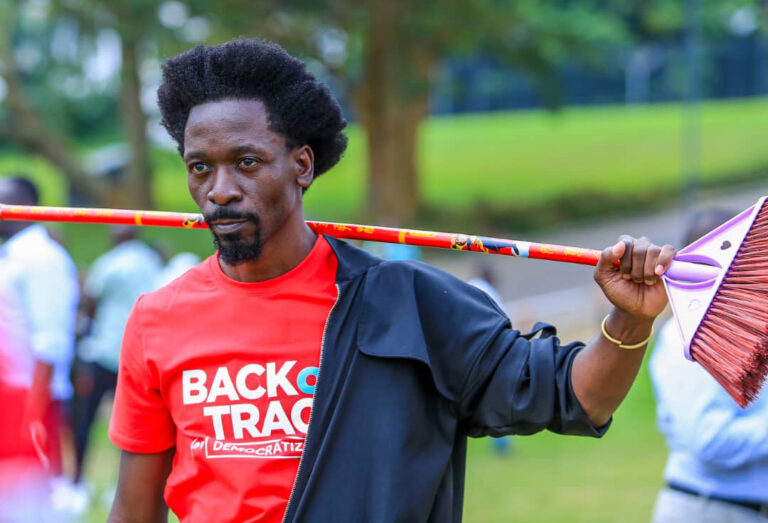The Uganda Law Society (ULS) has announced a series of fact-finding missions following the imprisonment of prominent lawyer Advocate Eron Kiiza.
On January 7, the General Court Martial at Makindye sentenced Kiiza to nine months in prison for contempt of court—a decision that has drawn widespread attention from legal professionals and the public.
In a statement released today, the ULS emphasized its commitment to upholding the rule of law and ensuring fair judicial processes.
While the society typically refrains from commenting on cases involving its members, it acknowledged the public interest and legal implications of the court martial’s decision.
ULS Responds with Immediate Action
To address the situation, the ULS has outlined three separate fact-finding missions to gather information and advocate for justice.
- Visit to Kitalya Government Prison: The first delegation will meet with Advocate Eron Kiiza at Kitalya Government Prison to better understand the circumstances surrounding his incarceration. This visit aims to explore potential remedies and ensure that Kiiza’s rights are being respected during his imprisonment.
- Engagement with the General Court Martial: A second delegation will hold consultations with key legal experts, including Senior Counsel Martha Karua and Advocate Erias Lukwago, to engage directly with the General Court Martial. This effort will focus on understanding the court’s rationale and addressing the broader implications of its actions.
- Dialogue with Chief Justice Alfonse Owiny-Dollo: The third delegation will meet with the Chief Justice of Uganda to advocate for the expeditious delivery of the Supreme Court’s judgment in Attorney General vs. Michael Kabaziguruka. This landmark case, which concerns the jurisdiction of military courts over civilians, is considered highly relevant to Kiiza’s situation.
Broader Implications for the Rule of Law
The ULS’s response underscores the critical intersection of military and civilian judicial systems in Uganda.
The detention of Advocate Kiiza, a lawyer known for his commitment to human rights and legal advocacy, has raised questions about the role of military courts in civilian matters and the limits of their jurisdiction.
In its statement, the ULS reaffirmed its dedication to representing and protecting its members while respecting ongoing legal processes.
The society also pointed to its statutory role under Section 3(c) of the Uganda Law Society Act, which mandates it to ensure favorable conditions for the legal profession in Uganda.
Next Steps
Following the completion of the fact-finding missions, the ULS has pledged to issue a comprehensive report. This report will address the specific circumstances of Kiiza’s case as well as the broader implications for the administration of justice in Uganda.
President of the Uganda Law Society, Isaac K. Ssemakadde, highlighted the importance of this initiative in safeguarding the integrity of Uganda’s legal system.
“While we respect the autonomy of our members, we cannot ignore the significant public interest in this matter. Our actions are guided by our commitment to the rule of law and the protection of the legal profession in Uganda,” Ssemakadde stated.
Public Interest and Legal Advocacy
As the ULS takes decisive action, the case of Advocate Eron Kiiza is likely to spark further debate on the balance between military and civilian jurisdictions in Uganda.
The outcomes of the society’s missions and subsequent report will undoubtedly carry significant weight in shaping public discourse and the future of Uganda’s judicial framework.

